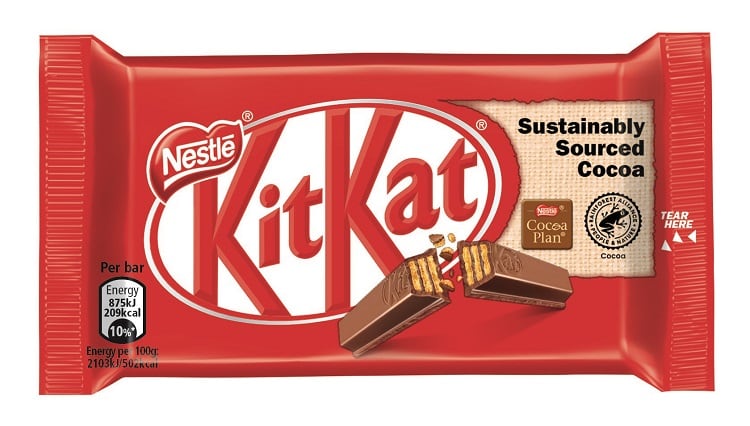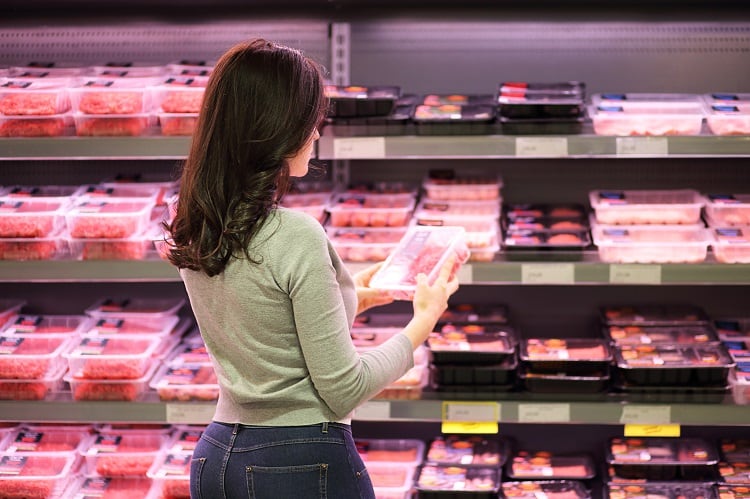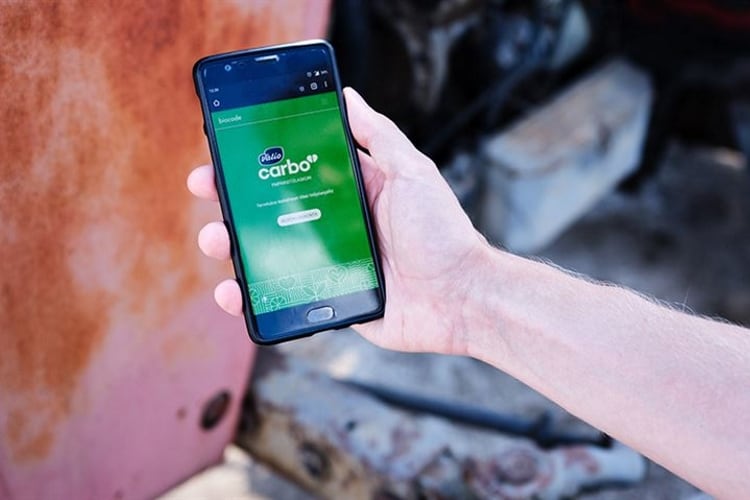Amazon and Global revealed that 52 new signatories have added their names to the Climate Pledge. The Pledge aims to support collective action and leverage global scale to fight global warming. It now represents companies collectively generating more than $1.4 trillion in global annual sales, with more than 5 million employees across 25 industries in 16 countries. These firms have agreed to reach net zero by 2040, ten years ahead of the timeline required under the Paris Climate Change Agreement.
Signatories to The Climate Pledge agree to:
- Measure and report greenhouse gas emissions on a regular basis.
- Implement decarbonization strategies in line with the Paris Agreement through real business changes and innovations, including efficiency improvements, renewable energy, materials reductions, and other carbon emission elimination strategies.
- Neutralize any remaining emissions with additional, quantifiable, real, permanent, and socially beneficial offsets to achieve net-zero annual carbon emissions by 2040—a decade ahead of the Paris Agreement’s goal of 2050.
All signatories are taking science-based, high-impact actions to tackle climate change by innovating in supply chain efficiency, sustainable transportation, circular economy, clean energy solutions, and more.
Many organizations are also ‘meaningfully involving’ customers in their journey to net-zero with initiatives focused on innovative packaging and sustainable product design and development, alongside educational campaigns and sustainable shopping experiences.
“Less than two years ago, Amazon co-founded The Climate Pledge and called on other companies to reach the Paris Agreement 10 years early—today, more than 100 companies with over $1.4 trillion in global annual revenues and more than 5 million employees have signed the pledge,” said Jeff Bezos, Amazon founder and CEO. “We are proud to stand with other signatories to use our scale to decarbonize the economy through real business change and innovation.”
“We helped to initiate The Climate Pledge to prove a model that accelerates decarbonization with the most ambitious companies,” said Christiana Figueres, the UN’s former climate chief and now founding partner of Global Optimism.
“Today over 100 companies, including household brands and companies from all industry sectors, have joined The Climate Pledge with its goal of net-zero by 2040. They are demonstrating that moving faster toward decarbonizing their businesses is a pathway to competitive advantage. There is no doubt we’re at a tipping point to establish the low carbon economy envisioned in the Paris Agreement. I commend the leadership of the companies that have joined The Climate Pledge already and look forward to welcoming the next 100.”
PepsiCo: Leveraging scale and reach for impact
Snack-to-beverage giant PepsiCo is among the latest round of companies to link its name to the Pledge.
The company believes it can leverage the global reach of its iconic brands, including Quaker, Walkers and Doritos, to ‘help build a more sustainable food system’.
The company is focused on promoting sustainable agriculture, addressing water insecurity, eliminating plastic waste, developing more nutritious and sustainable products, and reducing GHG emissions across its value chain.
Packaging is a particular challenge for the soft-drink business. Currently, 88% of the company’s packaging is recyclable, compostable, or biodegradable, with a goal to reach 100% by 2025.
PepsiCo also continues to expand its Sustainable from the Start program, an initiative that considers environmental impact at each stage of product development.
In January 2021, PepsiCo announced a new science-based goal to cut its carbon emissions by more than 40% by 2030 (against a 2015 baseline)—more than doubling its previous climate commitment. The company aims to achieve net-zero emissions by 2040.
“PepsiCo is delighted to join The Climate Pledge as we continue our work to help build a more sustainable and regenerative food system,” said Ramon Laguarta, PepsiCo chairman and CEO.
“At a time when the world is struggling to recover from the shock of a global pandemic, shared solutions to shared challenges are essential. We all must do our parts individually, but also come together to tackle climate change and reach net-zero emissions by 2040.”
Quorn Foods ‘first’ plant-based brand to join
Quorn Foods’ noted that it is the first plant-based brand to sign the Pledge.
The main ingredient in all Quorn products is mycoprotein, a fermented ingredient that is naturally high in protein and fibre, and low in saturated fat. It uses 90% less land and water resources and produces 90% less carbon emissions than making animal protein.
Since 2012, Quorn Foods has reduced the carbon footprint of its factories per tonne by 33%, and reduced its water usage per tonne by 16%. Additionally, 80% of the company’s packaging is fully recyclable.
The company is committed to an interim target of net-zero carbon across its own operations by 2030. It is also committed to having a net positive impact in society by 2030 through promoting ‘healthier lifestyles and more inclusive communities’.
“Our aim is to help people everywhere make simple, satisfying, and significant contributions to our collective fight against the climate crisis, simply by eating less meat,” said Marco Bertacca, Quorn Foods CEO.
“We’re focusing on making positive contributions to both our environmental challenges as well as our public health challenges by meeting consumer demand for delicious meat alternatives, and prioritising sustainable development of these products. It is a great pleasure to join The Climate Pledge and commit to becoming net-zero by 2040.”




